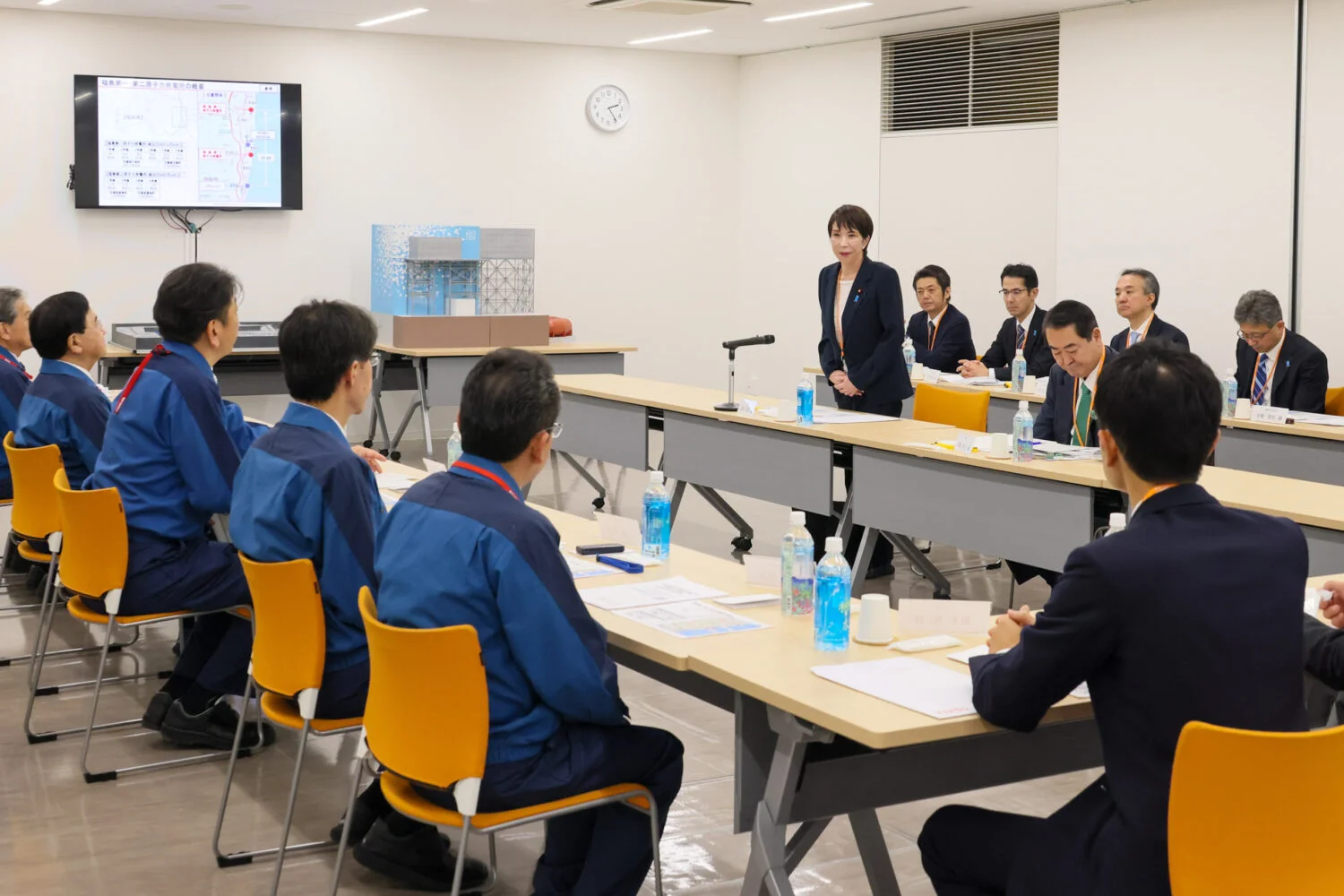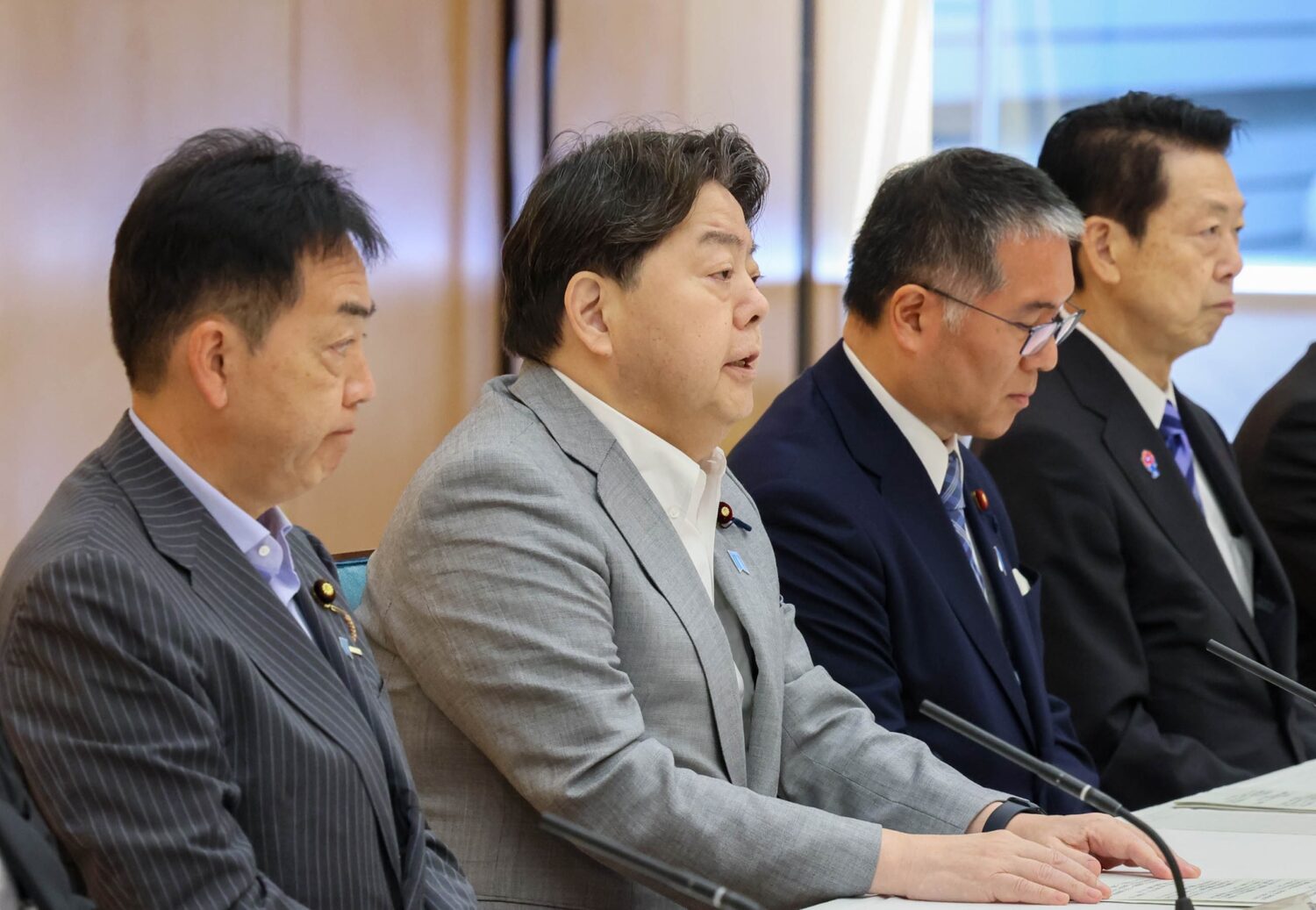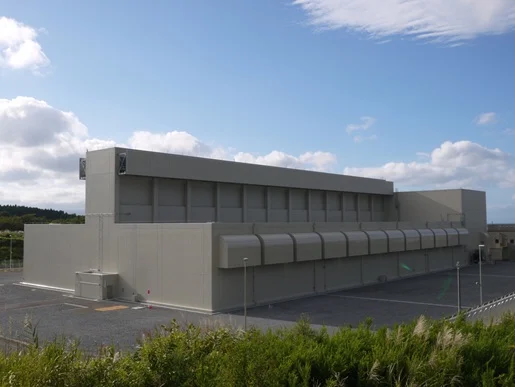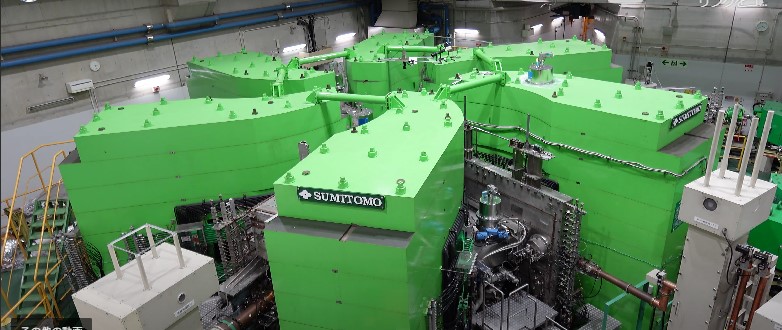The main points of the law are as follows:
- JESCO, a special company, wholly owned by the government, which is already responsible for treating PCB (polychlorinated biphenyl) and other hazardous waste at facilities nationwide, is also responsible for operating and managing the interim storage facilities where waste generated from decontamination work will be stored.
- The commitment is made explicitly that “waste generated from the decontamination work will be finally disposed of outside the prefecture some three decades from the start of interim storage” – a statement required by Fukushima Prefecture as a condition for accepting interim storage facilities in the prefecture.
To solidify its responsibility, the government is also required to hold continuously all shares in JESCO.
Note: Interim storage facilities referred to here are those storing only waste generated from decontamination work as a result of the nuclear accident at the Fukushima Daiichi, and are clearly distinguished from the Recyclable-Fuel Storage Center (an interim storage facility for spent nuclear fuel assemblies) being under construction in Aomori Prefecture.












